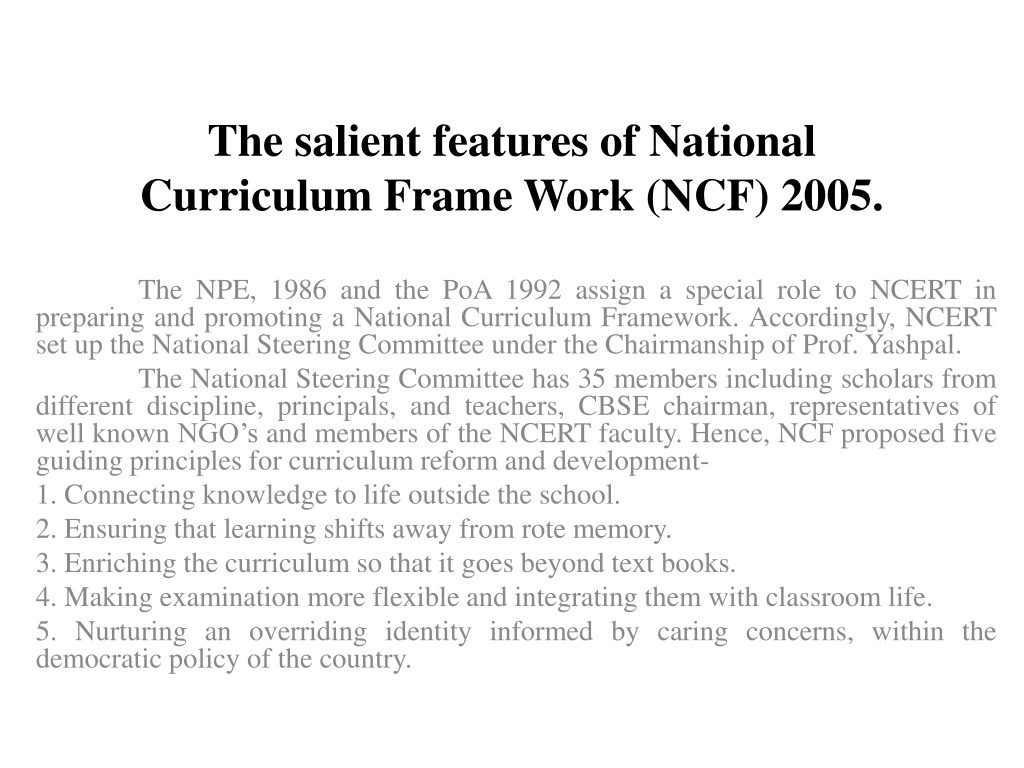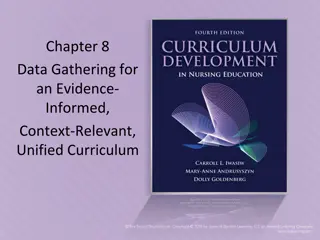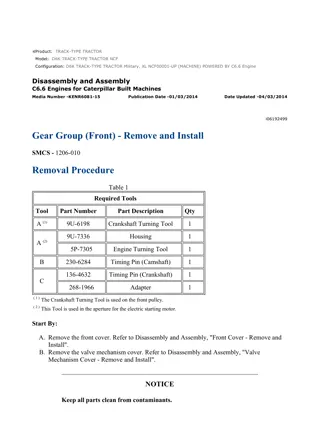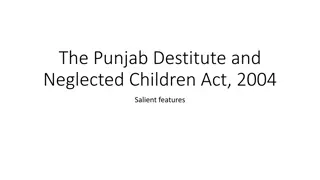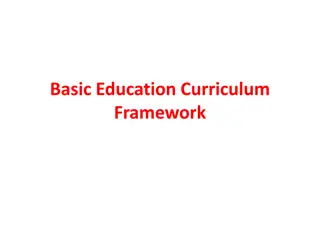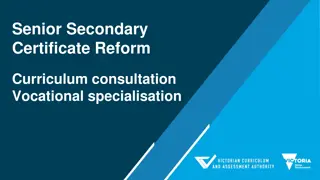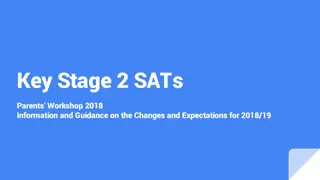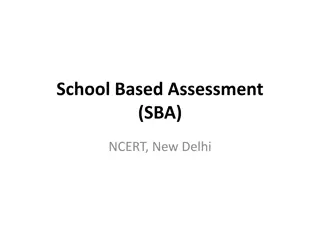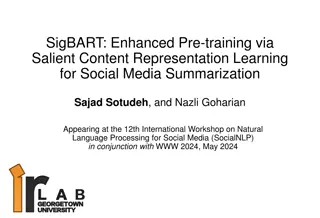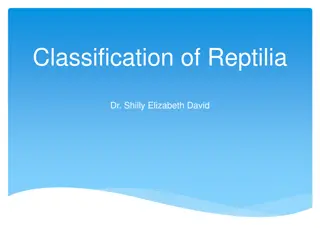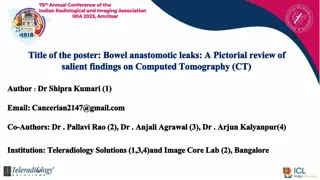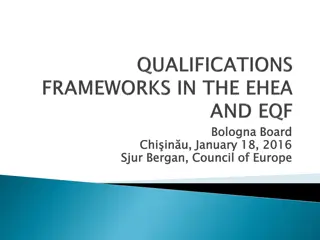National Curriculum Framework (NCF) 2005 - Salient Features Summary
The National Curriculum Framework (NCF) 2005 outlines significant changes in education, focusing on connecting knowledge outside of school, moving away from rote memorization, enriching the curriculum beyond textbooks, making examinations more flexible, and nurturing an identity rooted in caring and democratic values. It emphasizes learner-centric pedagogy, enhancing children's abilities in various subjects, restructuring curricular areas, promoting systemic reforms for quality education, and creating nurturing school environments. NCF 2005 reflects a holistic approach to curriculum development and educational improvement.
Download Presentation

Please find below an Image/Link to download the presentation.
The content on the website is provided AS IS for your information and personal use only. It may not be sold, licensed, or shared on other websites without obtaining consent from the author. Download presentation by click this link. If you encounter any issues during the download, it is possible that the publisher has removed the file from their server.
E N D
Presentation Transcript
The salient features of National Curriculum Frame Work (NCF) 2005. The NPE, 1986 and the PoA 1992 assign a special role to NCERT in preparing and promoting a National Curriculum Framework. Accordingly, NCERT set up the National Steering Committee under the Chairmanship of Prof.Yashpal. The National Steering Committee has 35 members including scholars from different discipline, principals, and teachers, CBSE chairman, representatives of well known NGO s and members of the NCERT faculty. Hence, NCF proposed five guiding principles for curriculum reform and development- 1. Connecting knowledge to life outside the school. 2. Ensuring that learning shifts away from rote memory. 3. Enriching the curriculum so that it goes beyond text books. 4. Making examination more flexible and integrating them with classroom life. 5. Nurturing an overriding identity informed by caring concerns, within the democratic policy of the country.
The salient features of NCF 2005- In chapter 1: Perspective- It provides the historical backdrop and rational for undertaking the revision of the National curriculum Framework. It proposes four guiding principles for curriculum development a. Connecting knowledge to life outside the school. b. Ensuring that learning shifts away from rote memory. c. Enriching the curriculum so that it goes beyond text books. D. Making examination more flexible.
In chapter 2: Learning and knowledge- The chapter focuses on the primacy of the learner. Child centered pedagogy means giving primacy to children s experiences, their voices and their active participation. This chapter also highlights the values of interaction- with the environment, nature, things and people to enhance learning.
In chapter 3: Curricular Areas, school stages and assessment- It recommended significant changes in language, Maths, Natural Science and Social Sciences with a view to reducing stress and making education more relevant to the present day and future needs of children. This chapter also focuses on Mathematics and enhancing the child s ability to think and reason, visualize and handle abstractions and formulate and solve problems.
In chapter 4: School and Classroom environment- The chapter talks about the need for nurturing an enabling environment by bringing about suitable changes in the school and classroom environment. It also discusses curriculum sites and learning resources, including texts and books, libraries, educational technology, tools and laboratories etc.
In chapter 5: Systemic Reforms- It covers issues of quality and the need for academic planning for monitoring of quality. It reaffirms faith in Panchayati raj and suggests the strengthening of Panchayati raj institutions. This chapter also looks at issues of academic planning and leadership at school level to improve quality. Finally, it encourages innovation in ideas and practice through plurality to textbooks and use of technology and recommends partnerships between the school system and other civil society groups.
Thank You Presented- Mr Sanjay Kalita Department of Education Salbari College, Salbari.
